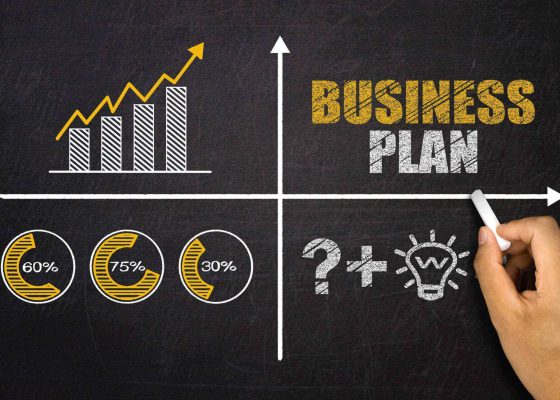The six tentacles of the owner’s trap…
John Nelligan
08-10-19
… and how they hold you back
More than 60% of businesses fail within the first 3 years. And many that do survive past this start-up stage stay in what is frequently termed as the ‘owner’s trap’.
The owner’s trap typically constrains the business and prevents it from continuing to grow and evolve as an organisation. Those businesses that go on to be successful and sustainable enterprises have learned the key of being able to stand back from the coal face and focus on growth.
So why do a handful of start-ups make it through this important stage whilst others languish and become a lifelong burden for the owner?
What makes the owner’s trap the nemesis of many entrepreneurs? Let’s run through the six tentacles of the owner’s trap and explain how each holds an entrepreneur back.
Technical Competence
Probably the biggest cause of falling into the owner’s trap. Most entrepreneurs start their own business because they are technically competent at something. They have a skill, expertise and they believe that they can deliver this better than their previous employer. This leads them to the assumption that no-one else can deliver the product or service as well as the owner because no-one is as competent.
This results in the owner being the centre of everything, everything revolves around the owner. Customers come to the owner for issues, employees come to the owner for decisions and suppliers come to the owner for orders. The growth of the business becomes dependent on the amount of time that the owner can devote to it, this typically peaks at 7 days per week, 12 hours per day.
The owner mistakenly believes that she is working hard for the good of the business but in reality, is sacrificing family for nothing. A business that is dependent on the owner in this way is ultimately worthless. This is worth repeating, an owner may spend their life in this situation working seven days a week to end up with a business that is worthless.
Perfection
Many entrepreneurs caught in the owner’s trap believe that their delivery to the customer needs to be perfect. This creates an immense strain on the owner and the business. Good and on time is far superior to perfect and late. Perfection is always elusive, it cannot be accurately specified, it lives in the owner’s imagination, but it is very real to them. Perfection holds back productivity and growth.
Fear of delegation
This tends to be a result of perfection and manifest itself in the view that no-one can do this better than me. In this situation, the entrepreneur mistrusts employees and feels that they are not nearly as dedicated as them. This stops the business growing in its tracks and leads to low employee engagement and high employee turnover.
Customer satisfaction
Entrepreneurs caught in the owner’s trap know their customer on first name terms. They deal with them directly, they are eager to satisfy their needs, and the customer is always right. Customers in this situation become more demanding. They ask the owner for more services that are typically outside the main offering and the owner is eager to oblige. This leads the owner to offer too many products or services to too few customers and leads to dependency. A loss of a customer then becomes catastrophic.
Focus on turnover rather than profit
After customer satisfaction, a sure sign of the owner’s trap is a focus on growing turnover rather than profit. This tends to manifest itself with the owner adding more products or services for incremental growth in turnover. Without understanding the cost of providing such additional services. This leads the business to experience cash flow issues where the working capital required to grow the business cannot be covered by the low margin return.
Focus on growth rather than scale
This is not limited to the owner’s trap, but tends to be prevalent with businesses that are struggling to grow. Which do tend to be those that are caught in the owner’s trap. In this situation, the entrepreneur looks to grow their turnover incrementally with resources growing at the same rate to ensure that customers are satisfied.
The fear is that anything more than incremental growth may put a strain on resources and result in delivering a poor customer experience. Scale, on the other hand, is about exponential growth in turnover with incremental growth in resources and is far less risky.
More information
We’d love to hear from you! If you’re experiencing the owner’s trap, or would like further information about the services Business Doctors provide – get in touch.
Business Management

Business Management
How you manage your stock will depend on your business model, the type of stock your business uses, how much you...

Business Management
Strategy
Strategy is important in business, right? It forms the foundation of all that we, as business owners, build our enterprises...

Business Management
With yuletide almost upon us, how can an SME ensure they properly prepare for the holiday close-down?








